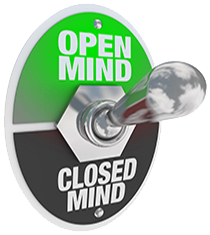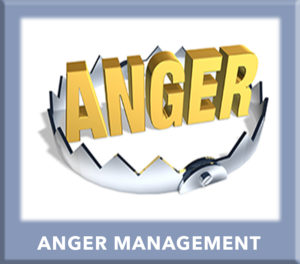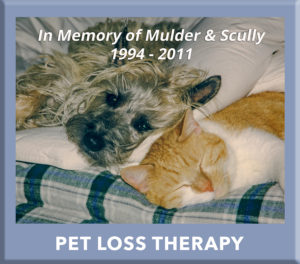 Anger is a healthy and normal emotion with a wide range of affective intensity frequently judged and experienced as “bad.” With an estimated one out of five Americans having a problem with anger management (Ingram, 2005), repeated anger can be catastrophic in terms of physical, emotional and spiritual health, interpersonal relationships, and career costs.
Anger is a healthy and normal emotion with a wide range of affective intensity frequently judged and experienced as “bad.” With an estimated one out of five Americans having a problem with anger management (Ingram, 2005), repeated anger can be catastrophic in terms of physical, emotional and spiritual health, interpersonal relationships, and career costs.
If you can identify with these costs, please know you are not alone. There are people just like you who experience significant difficulty with the consequences of angered expressions; whether your anger is directed at others or at yourself as a first reaction to emotional pain. To find out if you struggle with anger, please take the Anger Management Quiz. Your score will be tallied at the end of the quiz.
My success in anger management treatment comes from a 20-month pilot study I administered and tracked with civilly committed violent offenders using Acceptance and Commitment Therapy (ACT) as an alternative to traditional Cognitive-Behavioral Anger Management Therapy. ACT is recognized by the United States Substance Abuse and Mental Health Services Administration (SAMHSA) and the National Registry of Evidence-based Program and Practices (NREPP).
 In short, my treatment is not about managing anger — a normal emotion — but the reactions to anger. More to the point, my therapy focuses on Life Management skills and navigating choices towards your desired outcome. By accepting angry feelings in the heat of the moment — without judgment or control — you will learn to let go of your emotional struggle with anger and ultimately gain control of your life through values-clarified action.
In short, my treatment is not about managing anger — a normal emotion — but the reactions to anger. More to the point, my therapy focuses on Life Management skills and navigating choices towards your desired outcome. By accepting angry feelings in the heat of the moment — without judgment or control — you will learn to let go of your emotional struggle with anger and ultimately gain control of your life through values-clarified action.
My Life Management Program is ten-weeks long. For those clients who are court-mandated for anger management, you will be given a pre and post assessment along with a certificate of successful completion of the Life Management Program:
Individual one-on-one therapy to help understand your core anger issues:
 ▪ Demystifying the myths associated with anger
▪ Demystifying the myths associated with anger
▪ Recognizing the heart of your struggle with anger
▪ Understanding how your mind creates anger
▪ Practicing acceptance of anger in real-time
▪ Identifying core values in the midst of anger
▪ Committing life-affirming positive action
In letting go of your struggle with anger, you will gain profound control of your life. Isn’t it time to change your relationship with anger and live your life fully and compassionately?
QUICK LINKS





